Firefighters Hold Off Bushfire Near Australia's Perth
A mammoth effort by Australian firefighters saved homes from an out-of-control bushfire near Perth overnight, authorities said Thursday, but warned strong winds and rough terrain posed an ongoing challenge.
At least 81 homes have been destroyed in the blaze at the Perth Hills, on the eastern fringes of Australia's fourth-biggest city, with surveys of areas burned earlier this week adding another 10 to the tally Thursday.
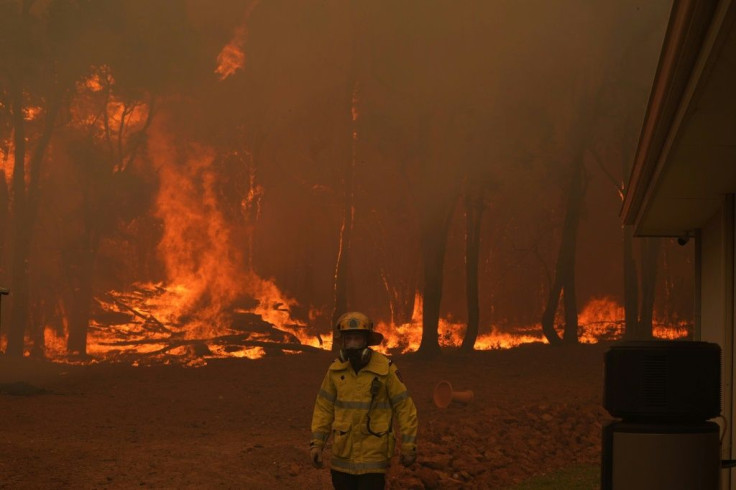
Western Australia state Premier Mark McGowan said the devastation caused was "almost too much to comprehend".
But after "a bleak couple of days", he said, firefighters managed to keep the flames at bay overnight as the blaze threatened homes in more populous areas.
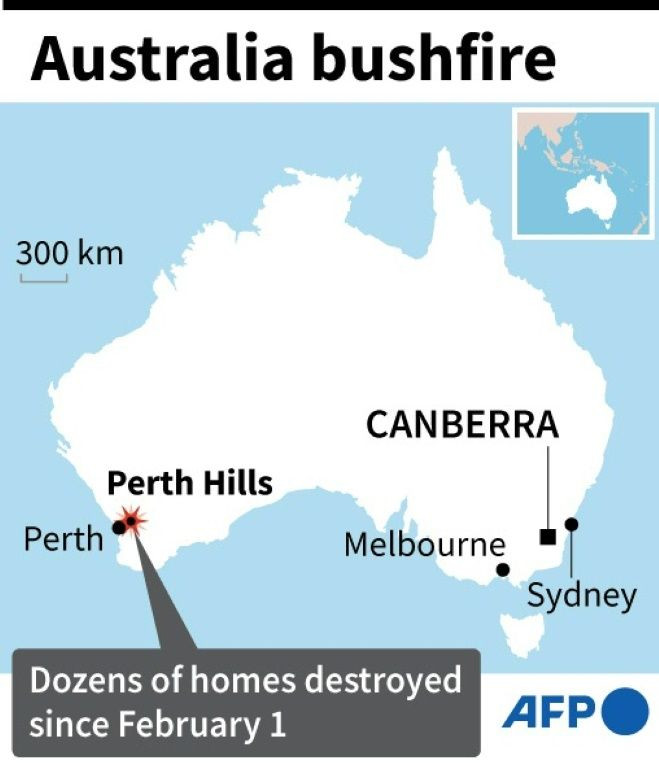
"This is a truly remarkable achievement given the ferocity of the fire. And that, as far as we know, no additional homes have been lost overnight thanks to the incredible work of our fireys," McGowan said.
Seven firefighters have sustained minor injuries but no deaths have been reported in the bushfire, which has scorched 10,000 hectares (24,700 acres) since it was sparked Monday.
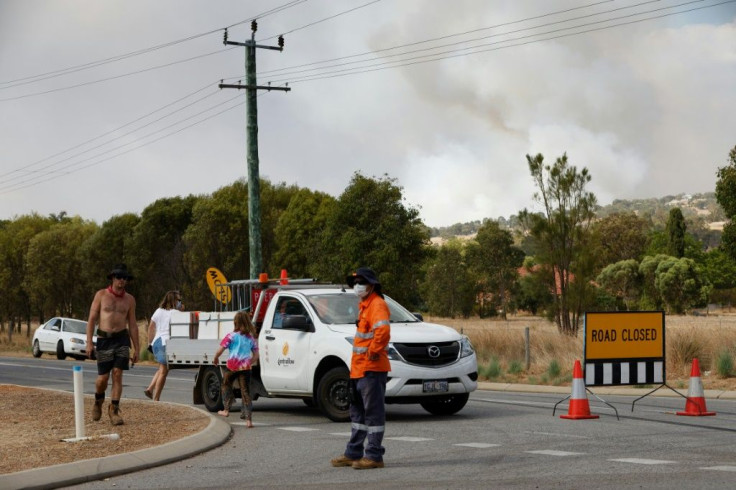
It comes about a year after Australia was hit by unprecedented climate change-fuelled bushfires, devastating whole communities and wiping out billions of animals.
More than 3.5 million hectares were burned across Western Australia during 2019-2020 but the state was largely spared the loss of properties and lives seen in the country's more densely populated southeast.
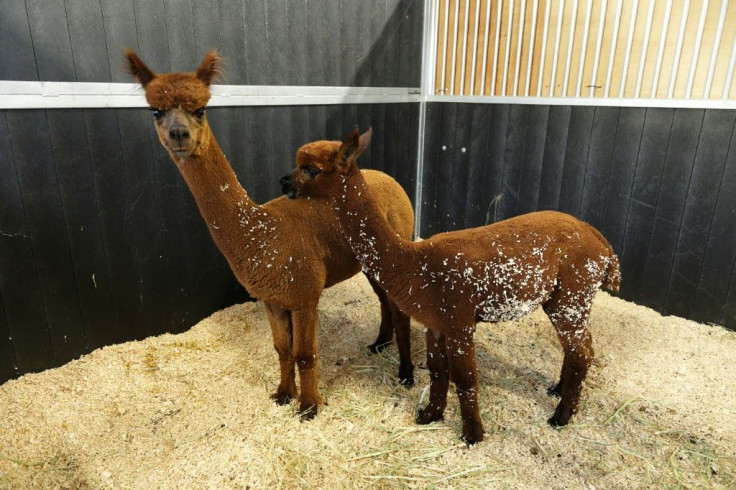
Scientists say fires are becoming more frequent and intense due to climate change, with people living in urban-bushland areas like the Perth Hills especially vulnerable to the impact of blazes.
Hundreds of people have fled the area in recent days and emergency warnings remain in place.
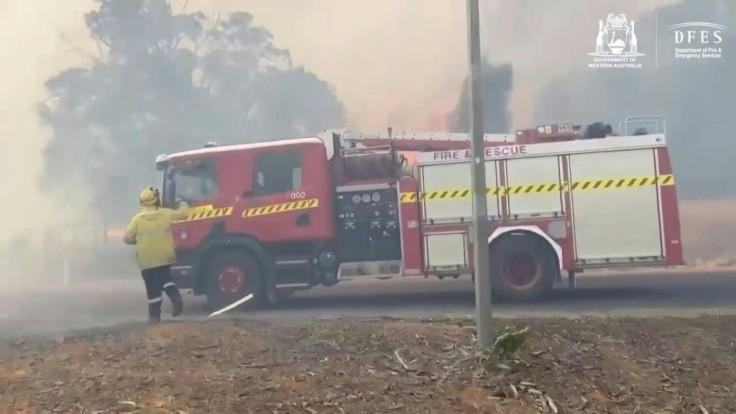
.
Winds of up to 70 kilometres an hour (43 mph) have left some water bombing planes grounded and were continuing to fan the flames.
"We should be really confident about the work that has been done last night to keep the (homes) safe. But we still have challenges today, tonight and tomorrow," Klemm said.
Officials are pinning their hopes on rain forecast for the weekend to dampen the blaze.
The bushfire hit a population that had just been forced into a snap lockdown after a rare coronavirus case was detected in a man working in a quarantine hotel for arriving international travellers.
About two million people in and around Perth fell under the stay-at-home orders imposed on Sunday.
Residents largely appear to have complied with official warnings to ignore coronavirus lockdown and leave threatened areas for safety.
The hotel worker was the first person infected with Covid-19 in Perth for 10 months.
© Copyright AFP 2024. All rights reserved.




















